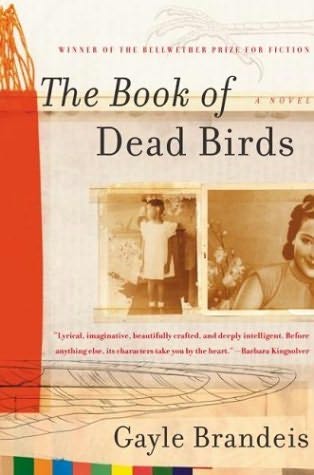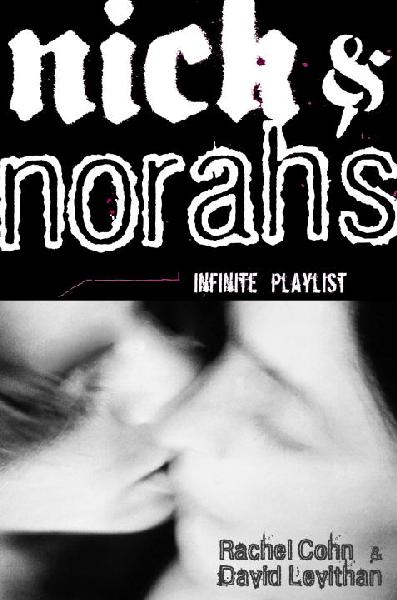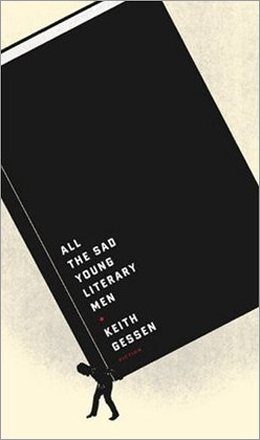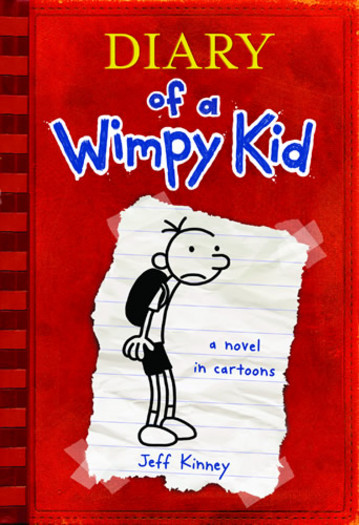 You asked, and now you shall receive:
You asked, and now you shall receive:
Why I Hate Twilight
The haters of Twilight have all kinds of valid reasons for hating it. For example, a lot of people point out that the writing is bad, and this is true. You know how when you repeat a word too many times it loses its meaning? That happened to me with the word “dazzling†while reading this. Dazzling. Seriously. The writing is terrible pretty much across the board – the dialogue is ridiculous, the descriptions are far from evocative, the pacing is bad (seriously, why would she wait until the last 100 pages for any plot to happen at all?), and the characters are not believable. But you know, that’s kind of a stupid thing to complain about, when it comes to it. I read a lot of novels that are badly written, and while there are times when I object, I don’t really ask that much of a teen vampire romance novel, as far as quality of writing goes.
A lot of people also object to Bella Swan’s being a weak character, and they are also wrong. Bella is a boring character, but that’s different. She’s kind of cute, really, and while annoyingly morose and self-sacrificing, there are times when I really like her. Would I like it if she were a little more assertive and a little less freaky about Edward? Sure. But Bella is not the problem.
The problem, folks, is Edward. And when it comes to Edward, I take this book very, very personally.
On more than a dozen occasions, Edward says to Bella – says to her face – that she is being irrational, that she needs to “be rationalâ€, and other variants of the same command. I can’t even tell you how offensive I find that.
Let me try, though.
I have, over the years, seen too many cases of emotional abuse among friends and family members. Among the most common insults is that one, the same thing we’re supposed to find charming in Edward. When couples argue, the man tells the woman to act rationally. Any time she’s upset about something, he informs her that she is being irrational. There was a pattern that was easy for me to see, even as a little girl: the woman expresses an opinion, and the man informs her that her opinion is not rational. The woman says something, the man tells her not that what she thinks is wrong, but that it’s irrational and therefore unworthy of his intellectual engagement.
I want to be clear about this: accusing someone of being irrational or hysterical is sexist*. “Irrationalâ€, particularly when it’s used to describe someone who is not being irrational at all (see: Bella, most of the time), is one of the special ways that men denigrate women. Because, see, we’re irrational creatures. It’s their way of telling us that they will not engage with our concerns, because they (being men, and therefore entirely rational creatures) don’t know how to engage with the “irrationalâ€, which can mean in these situations anything, from “too emotional” to “a totally rational concern that I don’t feel like dealing with right now”.
And so when Edward repeatedly tells Bella that she is not rational, and completely ignores her opinions and anxieties pretty much all of the time, I have to be offended. I won’t even go into the fact that he’s controlling, extremely jealous, and possessive, because a million other bloggers have done that for me, but seriously, guys, does this sound like an appealing male lead? Except for the masochistic among us, most women don’t actively seek out controlling, jealous, possessive, condescending jerks to date. And usually when those qualities come to light, those dudes get dumped.
And actually, that’s what I really don’t understand. Teenaged girls like this because – I hate to say it, but it’s true – they don’t really know any better. A really handsome guy hits on you and has a dark mysterious past, and also thinks you should wait to have sex? Sweet. At least, that’s definitely what I would’ve thought when I was thirteen.
What really mystifies me are the adult women who love these books. There’s apparently this huge contingent of middle-aged women who love Twilight, and that makes me really depressed for them. I hear a lot about how the book does a great job of describing what it’s like to fall in love for the first time (uh, really? I hope not, for everyone’s sake) and about how they provide a great escape. Now, most novels provide an escape, and that’s why we love them. But people talk about the escape provided by Twilight as a warm fuzzy one, akin to the joy I get from reading, say, The Princess Diaries. And it makes me incredibly sad to know that a lot of middle-aged women are so desperately unhappy in their own relationships that they turn to an abusive, uninteresting dude like Edward for comfort.
But whatever. People find solace in all kinds of strange and uncomfortable places, and far be it from me to take that from anybody. The real problem I have is that this book is aimed at pre-teen and teenaged girls, who in most cases haven’t learned the difference between healthy and unhealthy relationships.
When, as a kid, I watched plenty of men pull the same crap as Edward, I knew that these relationships were not ones I wanted to emulate. I knew that these people weren’t happy. I knew that they wanted out. And so I grew up knowing that this particular brand of condescension was a thing to avoid in men and relationships, but only because I knew these couples didn’t work. Bella and Edward are happy, in their way, and that sets an absolutely terrible example for young people, who – believe me, I was one – are pliable creatures all.
As a feminist and a person who works with children, I cannot abide a book that teaches young women that it is acceptable for men to treat them as their inferiors. I loathe any book that validates a male character who constantly reinforces his supposed intellectual superiority over his girlfriend. I wouldn’t encourage my daughters to read this book until they did, in fact, know better, and when parents ask me about the appropriateness of this book, I flip through the pages and show them a few examples of the lessons it teaches. If I sound angry, it’s because I am.
So that’s my ideological beef with Twilight.
* As a side note, you may find it interesting to investigate the etymology of “hysteriaâ€.
Addendum: In the interest of full disclosure, I actually got a kick out of the movie version of Twilight, because most of what was troubling about the book was toned down a lot in the movie, and it’s not like the plot is so stupid as to be unenjoyable.
 Quakeland, Francesca Lia Block
Quakeland, Francesca Lia Block
 You asked, and now you shall receive:
You asked, and now you shall receive: Someone Named Eva
Someone Named Eva The Book of Dead Birds,
The Book of Dead Birds,  Life As We Knew It
Life As We Knew It The Gemma Doyle Trilogy: A Great and Terrible Beauty
The Gemma Doyle Trilogy: A Great and Terrible Beauty Nick & Norah’s Infinite Playlist
Nick & Norah’s Infinite Playlist
 Diary of a Wimpy Kid
Diary of a Wimpy Kid Sucks to Be Me: The All-True Confessions of Mina Hamilton, Teen Vampire (maybe), Kimberly Pauley
Sucks to Be Me: The All-True Confessions of Mina Hamilton, Teen Vampire (maybe), Kimberly Pauley